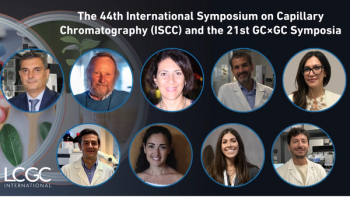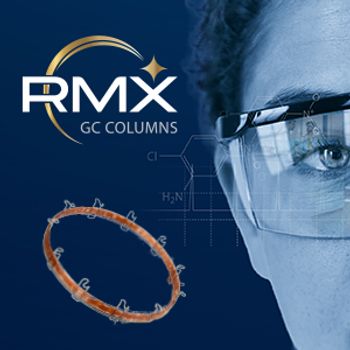
Compact BASIS™ 2 Electronic Mass Flow Controller for Gas-Process Consistency Introduced
Alicat™ Scientific releases the next generation of OEM flow controllers and meters.
Alicat Scientific, of Tucson, Arizona, released their new
Gas Chromatography and Chemical Analysis
Sensitive systems such as gas chromatographs need accurate, repeatable carrier gas flow, or their chemical analysis readings will vary unacceptably. Highly precise flows generate trustworthy results. Electronic mass flow stays accurate and repeatable. Using a BASIS 2 controller lets chromatograph makers tightly regulate carrier gas flow rate through a repeatability of ±0.25% of reading or better, to ensure accurate chemical compound detection.
Bioreactor Gas Regulation
Production of biologicals uses gases for nutrient delivery as well as pH control. Having a consistent, scriptable process allows rapid iteration and ramping of growth recipes into production. BASIS 2 MFCs provide accurate and responsive gas flow, helping to optimize bubble size in the chamber. With a large turndown ratio and integrated gas selection, the number of spares required is reduced without sacrificing performance. A built-in totalizer with digital scripting capability is a sophisticated feature that can help control cell growth and costs.
Industrial Burner Control
When industrial gas manufacturers want to move away from hand-adjusted gas pressure and flow in burners for an automated, repeatable production process—for example, in ceramic furnaces or in glass-lab manufacturing using programmable burner lathes—removing the variability of subjective user responses and changes in atmospheric pressures can be key. Alicat BASIS 2 is a step above hand operation, and into the world of electronically regulated burners and flame control. In the MEMS-thermal class of MFCs, only Alicat BASIS 2 offers in-field customer selection of hydrogen. Other burner gases—oxygen, methane, and air—are also included.
Compact and Durable, While Feature-Filled and Accurate
BASIS 2 MFCs have a compact form factor for integration of the devices into production assembly of portable and low-mass gas mixing systems. Their all-metal flow bodies mean they have none of the fragility of similar plastic assemblies. Users can run the devices immediately with digital inputs or analog voltage or current regulation—without needing to disassemble or rewire the instrument. Although small in size, Alicat BASIS 2 MFCs provide best-in-class accuracy, in-field calibrated switching between nine common gases, a totalizer function for dosing and dispensing, and easy digital or analog communications.
David Davis, VP of Engineering at Alicat said, “We’re so glad to back this product with Alicat engineering and production. Historically, OEM engineers have come to Alicat for a robust, adaptable product, and stayed for the short lead times, rapid custom engineering, and responsive customer service and support. With BASIS 2, we believe gas flow technicians and gas mixing process engineers will be excited to get upscale features and performance in one of the smallest, lowest-cost electronic mass flow instruments, anywhere.”
Alicat's flow and pressure devices are performing such varied activities as perfecting hydrogen-electric energy generation, spinning glass optical fibers for telecommunications, testing rocket parts for leaks, heating furnaces for ceramics, and generating pharmaceuticals through biochemical processing.
Newsletter
Join the global community of analytical scientists who trust LCGC for insights on the latest techniques, trends, and expert solutions in chromatography.




